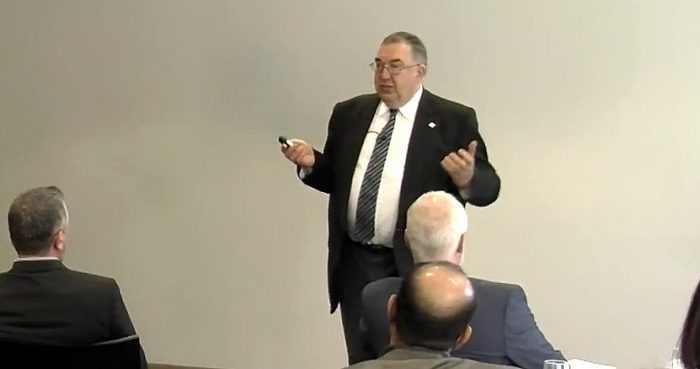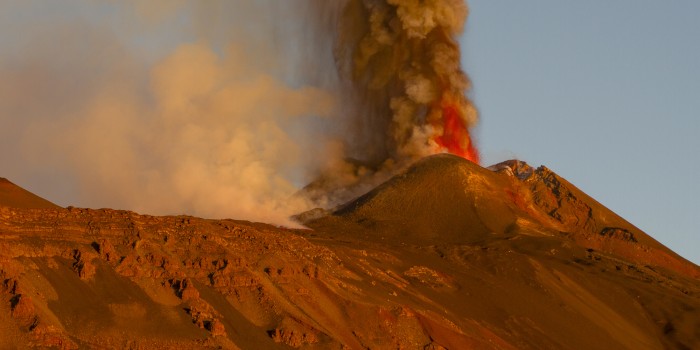The World Economic Forum recently released its 2020 edition of the Global Risk Report. The report is based on a survey of the Forum’s network of thought leaders, business, government and other key contacts – totalling more than 1,000 respondents. For the first time since the inception of the report in 2006, the top-10 list of risks is dominated by the environment.
“Following a year of floods and droughts, when fires ravages Australia and the Amazon, and teenage climate activist Greta Thunberg was chosen as Time Magazine’s Person of the Year, it is perhaps little wonder that environmental issues dominate leaders’ concerns for the future.”
The report, identified the following top-10 risks by likelihood and impact over the next ten years:
The report highlights how long-mounting interconnected risks are starting to be felt. The synchronized slowdown of the global economy, the warmest temperatures on record and an increasingly unstable geopolitical environment are creating significant challenges.
Carmen Rossiter, co-program director of the Schulich ExecEd’s Masters Certificate in Risk Management and Business Performance Leadership along with her colleague Michael Stramaglia, says environmental challenges are among the most difficult to prepare for. “Organizations can attempt to decrease the likelihood through various control measures or mitigants but for some of these risks (such as many environmental risks), the occurrence is often inevitable in due time, so all that can be done is to prepare for the event when it occurs to diminish its impact.”
Rossiter also noted a change in the top concerns over the past 10 years. “A decade ago, we were most concerned with economic risks – mainly after the last economic downturn. In recent years, the list saw the appearance of technology risks: cyber and data fraud/theft. This year, we have a marked shift to environmental risks populating a large part of the top-10 list.”
On health care, we have experienced dramatic gains in wellness and prosperity over the past century. Cardiovascular disease and mental illness have replaced infectious diseases as the leading cause of death. However, increases in longevity and the economic and societal cost of managing chronic diseases have put healthcare systems in many countries under stress.
Rossiter states that “it is interesting to note that ‘infectious disease’ ranks as #10 on the impact list. Time will tell how it gets ranked next year after our experience with the novel coronavirus.” Information for the survey is gathered through a Risk Perception Survey. She notes: “it is human nature to think that the biggest risks are the ones we most recently experienced or very narrowly dodged. They are front of mind and seem less remote”.
Børge Brende, World Economic Forum president, concluded that: “The good news is that the window for action is still open, if not for much longer. And, despite global divisions, we continue to see members of the business community signal their commitment to looking beyond their balance sheets and towards the urgent priorities ahead.”
*
Carmen Rossiter is co-program director of the Schulich ExecEd’s 13-day, three-module program, Masters Certificate in Risk Management and Business Performance Leadership (Starts April 20 with modules in September and January). To learn more about the program visit the program website.














